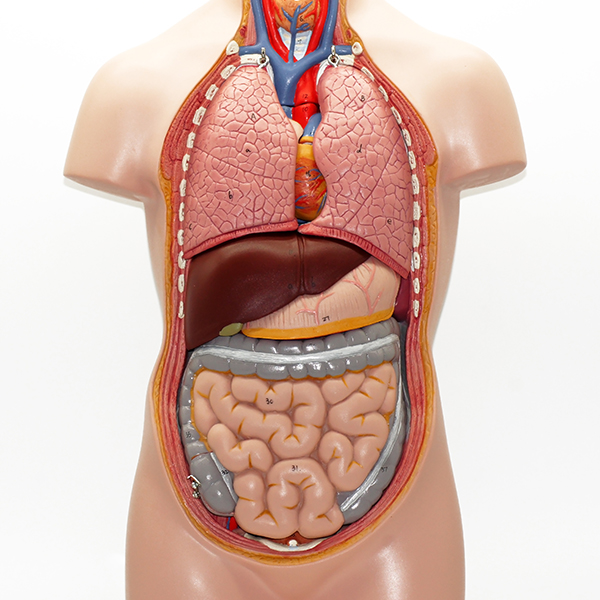
In Traditional Chinese Medicine (TCM), the kidney holds immense significance, far exceeding its role in Western medicine. It’s not just about filtering waste; it’s considered the root of life, governing a vast array of functions and influencing overall health and well-being.
Here’s why the kidney reigns supreme in TCM:
Root Syndromes of Kidney Deficiency:
When the kidneys become weak or deficient, it can manifest in various ways, depending on the specific imbalance:
Essential Foods for Kidney Health:
TCM emphasizes nourishing the kidneys through diet. Here are some key foods to include:
Remember: Consulting a qualified TCM practitioner at the Centre of holistic Excellence is crucial for personalized diagnosis and treatment of any kidney imbalances. We can tailor a diet and herbal remedies to address your specific needs and promote optimal kidney health.
By understanding the importance of the kidney in TCM and incorporating nourishing foods into your diet, you can take proactive steps towards a healthier and more vibrant life.
In Traditional Chinese Medicine (TCM), the kidneys are considered to be the foundation of life. They are responsible for storing Jing (Essence), which is the vital energy that governs growth, development, and reproduction. The kidneys also play a key role in regulating the body’s fluids, hormones, and bone health.
Kidney failure occurs when the kidneys are no longer able to function properly. This can be caused by a variety of factors, such as chronic kidney disease, diabetes, high blood pressure, and certain medications.
From a TCM perspective, kidney failure is seen as a deficiency of Kidney Jing. This can be caused by a number of factors, such as:
When Kidney Jing is deficient, the kidneys are unable to properly store and distribute Jing. This can lead to a number of symptoms, such as:
In severe cases, Kidney Jing deficiency can lead to kidney failure.
Types of kidney syndromes
In TCM, there are a number of different kidney syndromes that can lead to kidney failure. These syndromes are based on the different patterns of imbalance that can occur in the body.
Some of the most common kidney syndromes include:
Treatment for kidney failure
The treatment for kidney failure in TCM is based on the specific kidney syndrome that is present. In general, treatment will focus on tonifying the kidneys and restoring the balance of Yin and Yang.
Some of the most common TCM treatments for kidney failure include:
Diet for kidney failure
In addition to TCM treatments, it is also important to follow a healthy diet to support kidney health. Some of the best foods for kidney health include:
It is also important to avoid foods that can harm the kidneys, such as:
By following a healthy diet and receiving appropriate TCM treatment, it is possible to manage kidney failure and improve overall health and well-being.
Quick links
Help & Info
Working Hours
08h00 to 16h00 Monday to Friday
08h00 to 11h00 Saturday
Contact Us